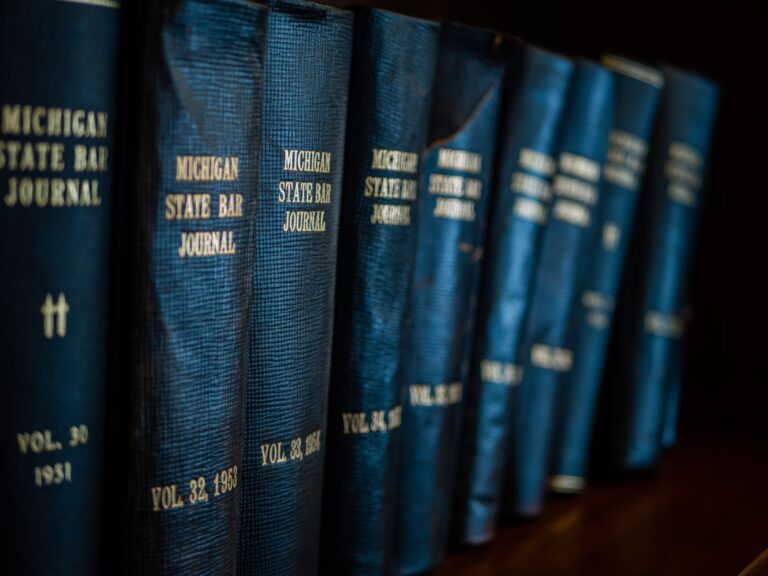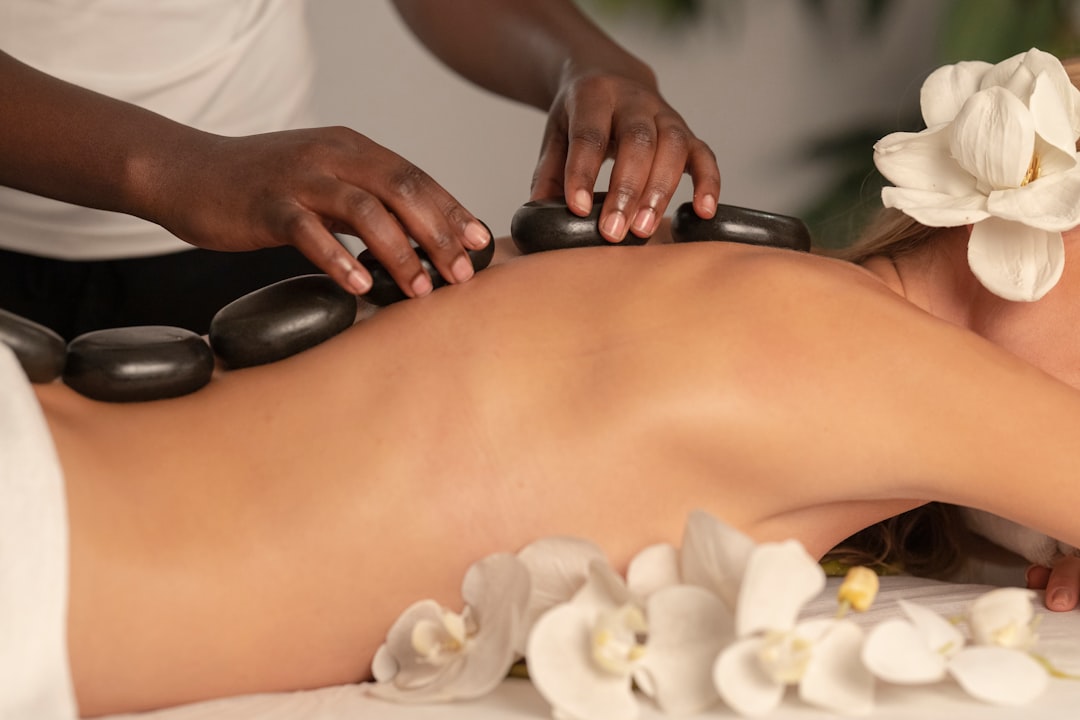Seattle, Washington's state laws and the Washington State Board of Massage Therapy regulate massage therapy to prevent sexual misconduct and protect clients. Meadowbrooks Community Center prioritizes safety during public massage events with strict protocols including background-checked therapists, informed consent, controlled environments, and clear guidelines. Post-event, clear protocols should be in place for handling incidents or disputes, with staff trained to recognize and respond to discomfort or abuse. Collaborating with local massage abuse law firms in Seattle WA ensures proper complaint handling and legal protection for the community and organizers.
“Discover the crucial safety protocols for Meadowbrooks Community Center’s upcoming public massage event. With a focus on client protection, this article delves into Seattle’s massage therapy regulations, essential event preparation, and consent processes. Learn how to navigate potential complaints and legal considerations post-event, ensuring a safe and enjoyable experience for all participants. Stay informed about your rights and the importance of compliance in Seattle, guided by local massage abuse law firms.”
Understanding Massage Therapy Regulations in Seattle

In Seattle, WA, massage therapy is regulated by state laws designed to protect clients and ensure ethical practices. The Washington State Board of Massage Therapy enforces regulations that cover everything from licensing requirements for practitioners to safety protocols in treatment rooms. One crucial aspect is the prevention of massage abuse, which includes sexual misconduct or exploitation during a session.
These regulations are in place to maintain public trust and safety. Local massage abuse law firms play a vital role in upholding these standards by offering legal counsel and representation when necessary. They help ensure that both clients and therapists understand their rights and responsibilities, fostering an environment where everyone can benefit from the therapeutic benefits of massage without fear of harm or abuse.
Protecting Clients: Event Preparation and Consents

At Meadowbrooks Community Center, ensuring client safety is paramount during public massage events. To protect attendees, strict event preparation protocols are in place. This includes setting up a dedicated and comfortable space with appropriate lighting and temperature control. All massage therapists participating in the event must be certified and have undergone thorough background checks. Additionally, clear signage and guidelines are displayed to educate clients on expected behaviors and boundaries, promoting a safe and respectful environment.
Consent is an integral part of any massage session, especially during public events. Therapists are trained to obtain informed consent from each client, explaining the nature of the service, potential risks, and their rights under the law. In Seattle, WA, massage abuse laws are in place to protect clients, and therapists must adhere to these guidelines rigorously. By prioritizing consent and being vigilant about client protection, Meadowbrooks Community Center ensures that every individual can fully enjoy and benefit from the therapeutic experience without any form of discomfort or violation.
Handling Complaints and Legal Considerations After Event

After hosting a public massage event, Meadowbrooks Community Center must be prepared for various outcomes, including complaints and potential legal considerations. It’s crucial to have clear protocols in place for addressing any incidents or disputes that arise post-event. All staff and volunteers should receive training on recognizing and responding to signs of discomfort or abuse during the sessions.
Should a participant feel violated or experience massage abuse, they must be encouraged to immediately report it to designated center representatives. The center should collaborate with local massage abuse law firms in Seattle, WA, to ensure proper handling of complaints and any subsequent legal actions. Prompt action is essential to address the issue effectively and protect both the community and the reputation of the event organizers.





